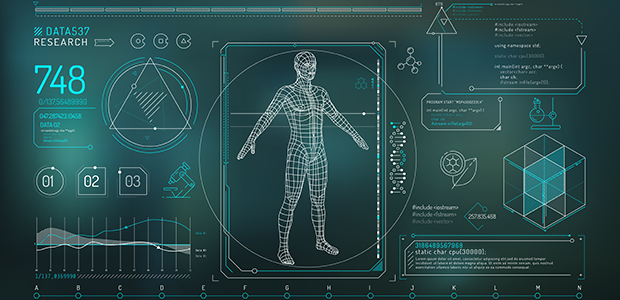
MedTech Accelerator announces its next cohort: who made the cut?
Despite the ups and downs of startup funding over the past year, several areas continue to draw interest from investors – and medtech is one of them. That’s especially true of startups looking to apply AI to healthcare, a sector where angels and VCs believe smarter diagnostic tools and better drug development pipelines can result in major cost savings.
It’s telling, then, that the P4 Precision Medicine Accelerator included a larger number of AI-focused medtech companies in its latest cohort. Out of the ten companies from the 2023 cohort, more than half are AI-driven or enabled.
P4 is an example of a new generation of accelerator that is hyper-focused on a specific niche in the startup ecosystem. In this case, it’s precision medicine. Although the accelerator is still fairly new, they have already racked up an impressive roster of founders and alums.
“It was another highly competitive year with lots of interest from very well-qualified companies," said Nathan McNally, a co-founder of the P4 Precision Medicine Accelerator and director of health and life science at startup support organisation, Capital Enterprise.
Here are the 10 medtech startups that made the cut:
Alcyomics is developing in vitro human skin models with the aim of reducing drug development costs and improving speed to market for new drug candidates.
Bioleap is working on biophysical and AI models to better predict the outcomes of complex immunotherapies, with an initial focus on modelling for Oncolytic viruses, Car-T therapies, checkpoint inhibitors, and cancer vaccines.
Echopoint Medical has created the iKor platform, a non-invasive device for cardiologists diagnosing and treating specific types of chest pain.
Ru medical invented Coolzen, a wearable designed to detect the start of a hot flash for women going through menopause and reduce its intensity.
Myndspan is applying AI and ML to analysing brainwave data, which has strong potential as a tool for improving mental health diagnoses and treating neurological disorders.
ZiO Health has created proprietary biosensor technology to power an AI-driven, hand-held point-of-care device for therapeutic drug monitoring and precision dosing.
NE Scientific is a biotech company focused on developing novel surgical guidance tools for oncology, significantly improving the chances of eradicating a cancerous tumour in a single session.
NX10 predicts and manages brain health, harnessing brain performance data to allow patients to lead longer and healthier lives by identifying early signs of cognitive decline – thereby allowing earlier interventions.
Qured is a preventative healthcare platform which empowers employees, delivers testing and clinical support and provides employers with workforce health analytics.
HearingPower has developed the Tinnibot app, a companion for tinnitus relief to support individuals suffering from tinnitus incorporating cognitive-behavioural exercises, meditation, journaling, and soundscapes to ensure optimal effectiveness.
The P4 accelerator lasts for six months, with companies receiving a mix of training, mentorship, and introductions to scientific experts and potential investors. Like most accelerators, it wraps up with a demo day where selected companies from the cohort pitch for investment.
“Each of these companies has tremendous potential to make an impact in the healthcare sector and transform the lives of patients for the better,” McNally said. “I know the entire P4 team look forward to working with them, and we are already excited to see the milestones they achieve.”

